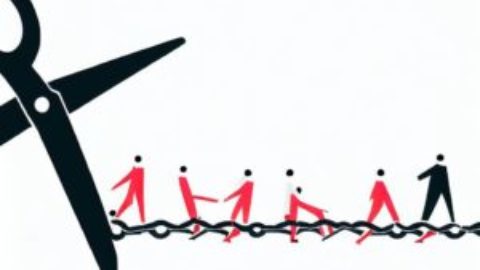Recycling is a practice that many of us have embraced as a way to help the environment, but it’s essential to understand its limitations and potential drawbacks. By being more mindful of our consumption habits and focusing on reducing and reusing, we can make a more significant positive impact on the environment.
Aspirational Recycling and Its Consequences

As we strive to be more eco-conscious, we may engage in “aspirational recycling,” which means throwing non-recyclable items like plastic bags, Styrofoam, and even soiled diapers into recycling bins rather than garbage cans. This behavior can have significant downstream effects, causing millions of tons of curbside recycling to be diverted to landfills or incinerators.
Recycling’s Impact on Consumption Habits

When people consider the positive outcomes that recycling can have, they may feel better about consuming single-use items. However, recycling will never be more sustainable than curtailing consumption and repurposing what is already owned. Studies have shown that people tend to think that frugality is unnecessary for sustainability, leading to increased wastefulness.
Reduce and Reuse: The Top Strategies for Sustainable Living
- Reduce: Focus on buying and using fewer resources. This includes purchasing fewer items, choosing products with less packaging, and avoiding single-use items whenever possible.
- Reuse: Find creative ways to repurpose items or donate them to others who can use them. This can help keep valuable resources out of landfills and reduce the demand for new products.








